Professional Auto Body Shops: Rent-Return Vehicle Restoration Experts
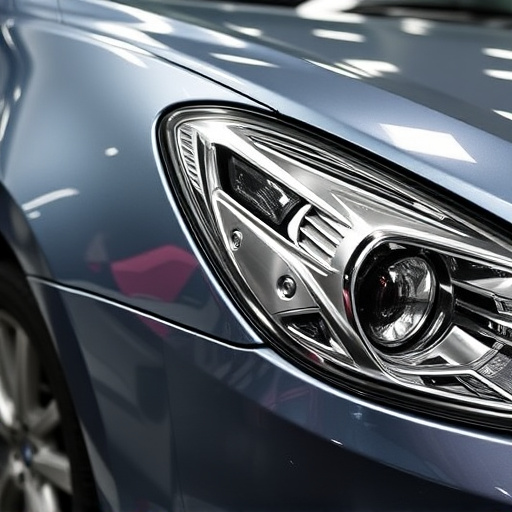
Returning a leased vehicle requires engaging a professional auto body shop to repair damage and rest…….
Welcome to an extensive exploration of the professional auto body shop—a vital component in the automotive industry, responsible for restoring and repairing vehicles to their pre-accident condition. This article aims to guide readers through the intricate world of auto body shops, delving into their operations, global impact, economic significance, technological innovations, regulatory landscape, challenges, and future prospects. By the end, you’ll gain a comprehensive understanding of this dynamic industry and its crucial role in keeping vehicles on the road and customers satisfied.
Definition: A professional auto body shop is a specialized facility dedicated to repairing and restoring damaged motor vehicles, focusing primarily on their structural integrity and aesthetic appeal. These shops offer a range of services, from minor dent repairs to comprehensive collision restoration, ensuring vehicles meet safety standards and customer expectations.
Core Components:
Structural Repair: This involves straightening and replacing damaged body panels, frames, and components, ensuring the vehicle’s structural integrity and safety.
Paintless Dent Repair (PDR): A technique for removing dents without painting, using specialized tools to massage dents back into place, leaving minimal, if any, trace of damage.
Collision Restoration: Major repairs after a collision, including replacement of damaged parts, alignment, and final finishing to match the vehicle’s original specifications.
Custom Fabrication: Crafting unique or one-off body parts to suit specific customer needs or to enhance vehicle performance/aesthetics.
Finishing and Paintwork: Application of new paint, often using advanced techniques like computer-aided painting for precision and quality.
Historical Context: The origins of professional auto body shops can be traced back to the early 20th century as automobiles became more prevalent on the roads. Initially, these shops focused on basic repairs and enhancements. Over time, with advancements in technology and increasing complexity of vehicle designs, they evolved into sophisticated facilities capable of handling intricate collision repair and restoration. Today, they play a critical role in ensuring road safety, environmental protection (through proper disposal of automotive waste), and customer satisfaction.
The professional auto body shop industry is truly global, with operations present on every continent, albeit with varying levels of development. Here’s a glimpse into its worldwide influence:
| Region | Key Observations |
|---|---|
| North America | The US and Canada have highly developed auto body shop industries, driven by a large automotive manufacturing base and stringent safety regulations. |
| Europe | European countries exhibit diverse practices, with some nations, like Germany, renowned for their precision craftsmanship, while others focus on cost-effective solutions. |
| Asia Pacific | Rapidly growing economies in this region have led to a surge in vehicle ownership and corresponding demand for auto body services. China, in particular, is a significant player, producing both vehicles and advanced repair technologies. |
| Middle East & Africa | These regions experience high demand due to increasing wealth and a young driving population, often lacking established industry standards but showing signs of growth. |
Trending Shifts:
Green Initiatives: The global push for sustainability has influenced auto body shops to adopt eco-friendly practices, such as using biodegradable materials, reducing waste, and implementing energy-efficient operations.
Digitalization: Technology integration is on the rise, with shops adopting computer-aided design (CAD) software, digital measuring tools, and online booking systems to enhance efficiency and customer experience.
Customer Expectations: Modern consumers demand faster turnaround times, transparent pricing, and personalized services, pushing auto body shops to streamline operations and offer value-added services.
The global auto body repair and restoration market was valued at approximately USD 150 billion in 2021 and is projected to grow at a CAGR of around 4% from 2022 to 2030. This growth can be attributed to several factors:
Auto body shop owners invest significantly in equipment, training, and facility upgrades to stay competitive. Key investment areas include:
These businesses contribute substantially to the global economy:
Technological breakthroughs have revolutionized professional auto body shops, improving efficiency, quality, and customer satisfaction. Notable advancements include:
Computer-Aided Design (CAD) Software: Used for precise measuring, design, and visualization, CAD software enables technicians to plan repairs with accuracy, reducing waste and rework.
Robotic Welding: Automated welding systems enhance precision and speed, ensuring consistent quality in metal fabrication processes.
Paint Technology: Advances in paint technology offer improved durability, faster drying times, and a wider range of colors, enhancing the final finish of restored vehicles.
Online Booking and Communication Tools: Digital platforms allow customers to schedule appointments, track repairs, and receive real-time updates, improving convenience and transparency.
Remote Diagnostics: Modern tools enable technicians to diagnose issues remotely, access vehicle data, and provide initial estimates, streamlining the estimate process.
The professional auto body shop industry is subject to various policies and regulations that ensure quality, safety, and ethical practices. These include:
Safety Standards: Governments worldwide mandate specific safety standards for vehicle repair and restoration, ensuring structures are restored to meet or exceed original specifications.
Environmental Regulations: Strict rules govern the disposal of automotive waste, such as hazardous fluids, to protect the environment and public health.
Licensing and Certification: Auto body shops often require licensing and certification to operate, ensuring they meet minimum industry standards and employ qualified technicians.
Consumer Protection Laws: These laws safeguard customers’ rights, mandating transparent pricing, dispute resolution mechanisms, and fair business practices.
Despite its growth and technological advancements, the professional auto body shop industry faces several challenges and criticisms:
Competition from Dealerships and DIY Repairs: Dealership repair centers and do-it-yourself (DIY) repairs can offer lower costs, posing competition to independent shops. To counter this, many shops focus on specialized services, faster turnaround times, and superior quality.
Technological Complexity: Keeping up with rapidly evolving technology requires significant investment. Smaller shops may struggle to afford advanced tools and training, leading to a digital divide within the industry.
Labor Shortages: Skilled technicians are in high demand, and labor shortages can impact shop operations. Addressing this issue involves offering competitive wages, training programs, and apprenticeships to attract and retain talent.
Customer Trust and Transparency: Some customers may lack trust in auto body shops due to concerns over repair quality or hidden costs. Transparent pricing, detailed estimates, and customer reviews help build trust.
Shop Name: Eco-Repair Innovations
Location: Berlin, Germany
Eco-Repair Innovations stands out for its commitment to sustainability and innovation. This shop offers a full range of collision repair services while minimizing environmental impact:
Lessons Learned: Embracing sustainability can attract a niche market and enhance brand reputation while reducing operational costs over time.
Shop Name: AutoTech Solutions
Location: Tokyo, Japan
AutoTech Solutions pioneered digital transformation in the Japanese auto body shop industry:
Lessons Learned: Digitalization enhances customer experience and operational efficiency, setting a benchmark for industry standards.
The professional auto body shop industry is poised for continued growth and transformation, driven by emerging trends:
Autonomous Vehicles: As self-driving cars become more prevalent, auto body shops will need to adapt to repair these advanced vehicles, requiring specialized training and equipment.
Electric Vehicle (EV) Growth: With the rise of electric cars, shops will need to acquire knowledge about EV battery repairs and charging infrastructure maintenance.
Augmented Reality (AR) and Virtual Reality (VR): AR and VR technologies can revolutionize training programs, allowing technicians to practice complex repairs in immersive environments.
Cybersecurity: As shop systems become more digitalized, cybersecurity measures will be crucial to protect sensitive customer data.
Personalized Services: Customers increasingly expect tailored services, leading shops to offer customized repair solutions and premium finishes.
Strategic Considerations:
Continuous Training: Staying updated with industry trends and technologies is vital. Shops should invest in ongoing training programs to keep technicians skilled and adaptable.
Digital Integration: Adopting digital tools can improve efficiency, customer engagement, and data management. Investing in technology provides a competitive edge.
Sustainability Focus: Embracing eco-friendly practices not only attracts environmentally conscious customers but also contributes to long-term cost savings and brand reputation.
Diversification: Expanding service offerings beyond traditional repairs can attract new customer segments, ensuring business growth and stability.
Professional auto body shops play a pivotal role in keeping vehicles on the road and communities safe. They are dynamic enterprises that have evolved to meet changing demands, embracing technology while staying true to their core mission—restoring vehicles with precision and care. From global trends to local innovations, these shops continue to adapt, ensuring customer satisfaction and environmental stewardship.
As the industry navigates the future, a focus on digitalization, sustainability, and specialized services will be key to success. By embracing emerging technologies and staying responsive to market demands, professional auto body shops can maintain their position as essential contributors to the automotive ecosystem.
Q: How do I choose a reputable auto body shop?
A: Look for certified shops with positive customer reviews, transparent pricing, and a proven track record of quality work. Check if they offer guarantees on their repairs.
Q: What should I expect during my vehicle’s collision repair process?
A: The process involves an initial inspection, estimating the repair cost, acquiring parts (if needed), performing the repairs, and finally, a thorough quality check before returning your vehicle.
Q: Are there any environmental considerations in auto body shop operations?
A: Yes, many shops are adopting eco-friendly practices to minimize waste, reduce emissions, and use sustainable materials, contributing to a greener automotive industry.
Q: Can I get my car repaired at a dealership or is an independent shop better?
A: Both have their advantages. Dealerships often guarantee their work, but independent shops may offer lower costs for specialized repairs and faster turnaround times.
Q: How can I ensure my auto body shop repair is safe and of high quality?
A: Reputable shops adhere to safety standards and use certified parts. Always ask for a detailed estimate, follow up on the progress, and inspect your vehicle before final handover.

Returning a leased vehicle requires engaging a professional auto body shop to repair damage and rest…….
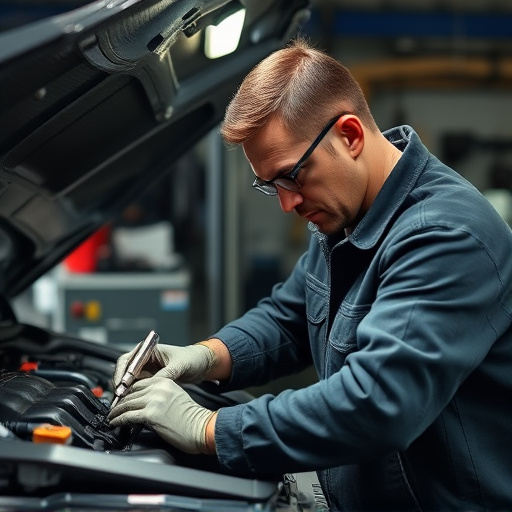
A professional auto body shop offers a full range of services from surface preparation to advanced p…….
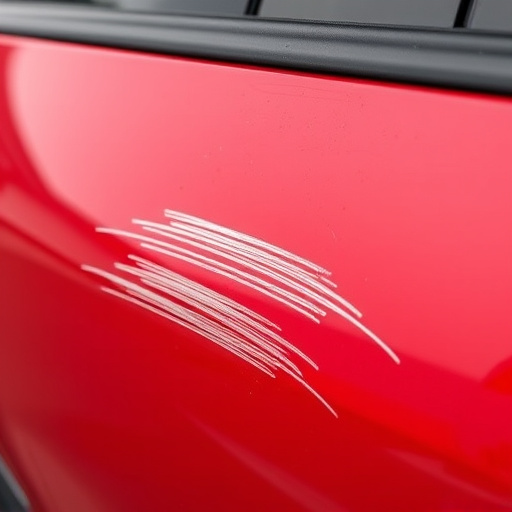
When evaluating a professional auto body shop through customer reviews, focus on specific details li…….
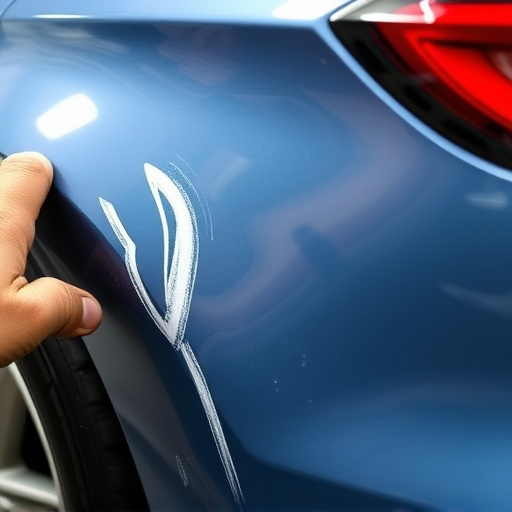
A professional auto body shop distinguishes itself in a competitive market by combining quality craf…….
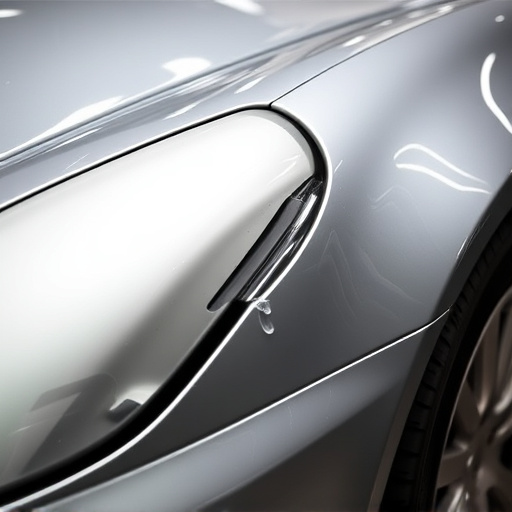
A professional auto body shop provides comprehensive collision repair, specializing in critical fram…….
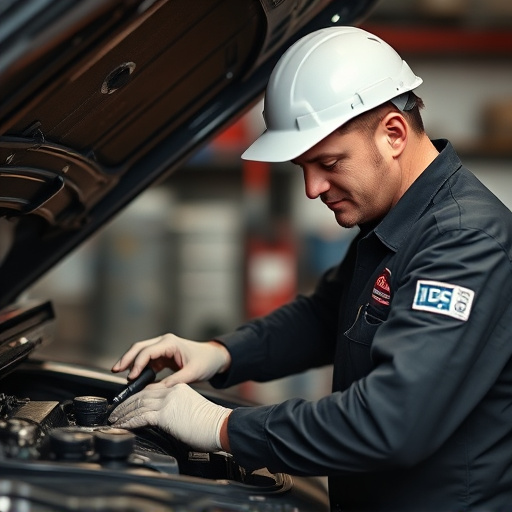
A professional auto body shop enhances vehicle value beyond aesthetics by repairing structural damag…….
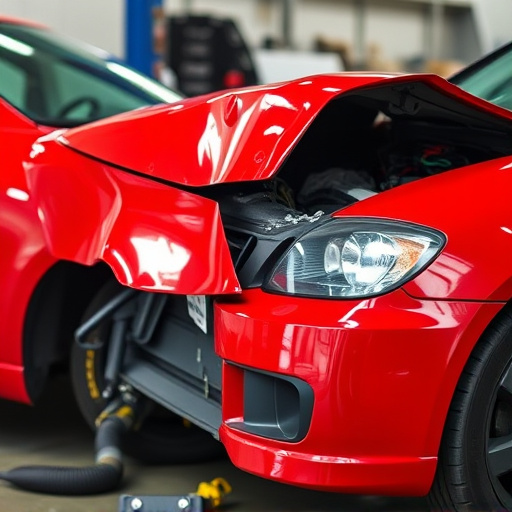
Professional auto body shops offer swift repairs, prioritizing quality and convenience with skilled…….

Customers visiting a professional auto body shop bring high expectations based on past experiences a…….
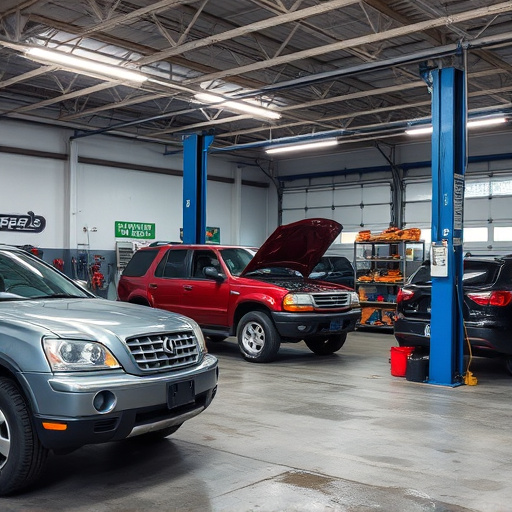
Professional auto body shops are crucial for preparing vehicles returned under lease, meeting indust…….